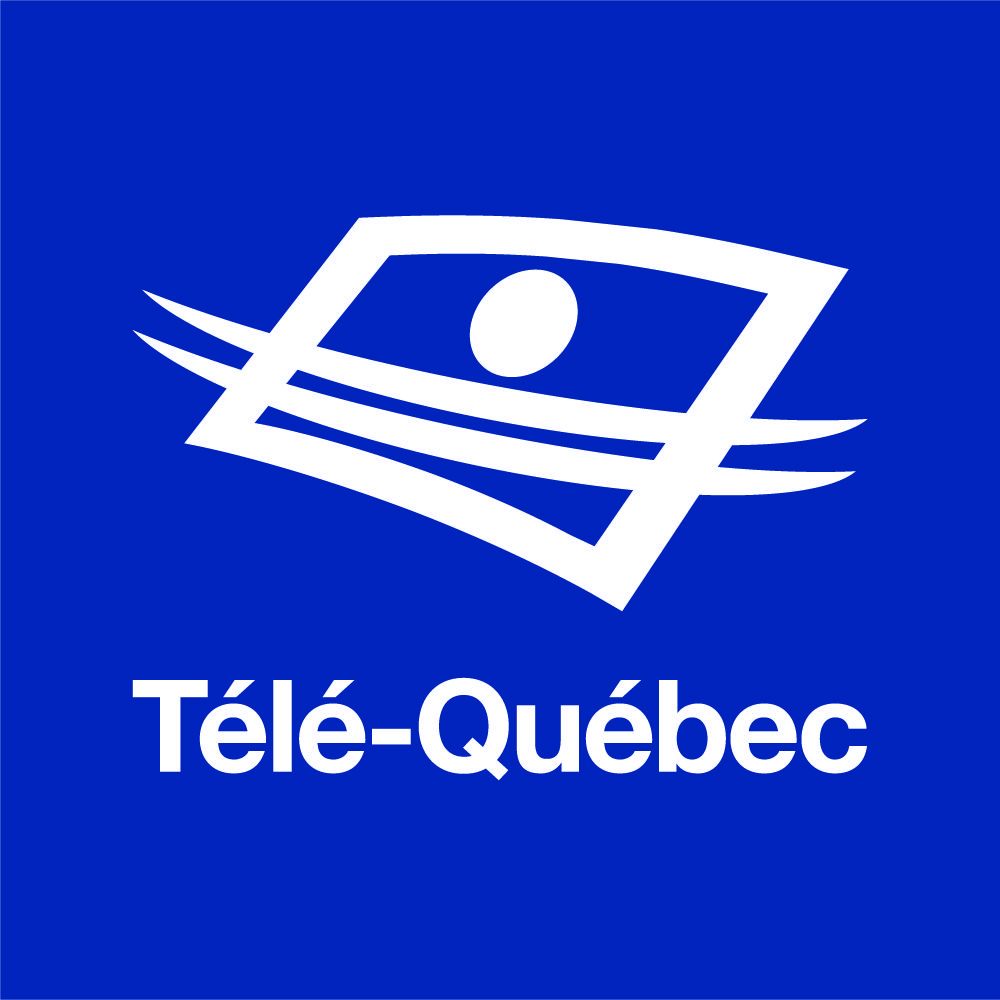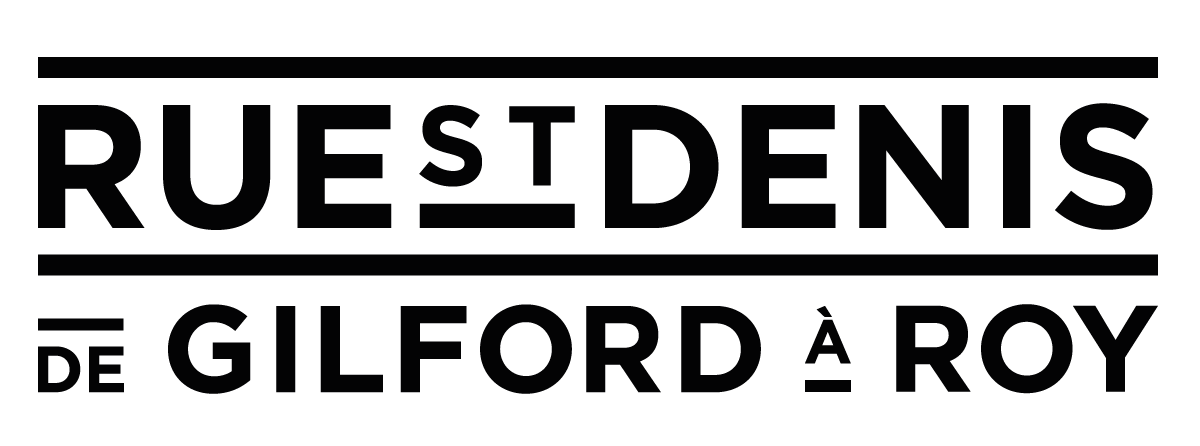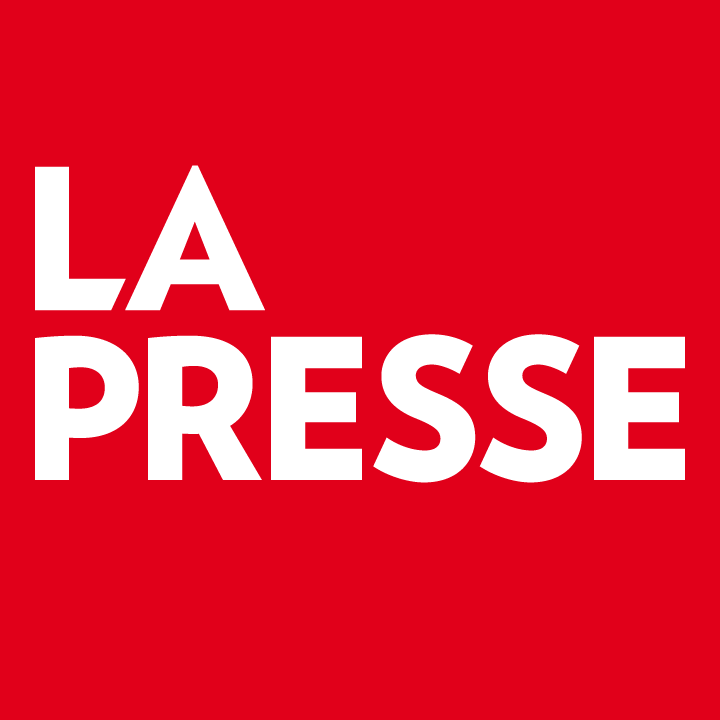Comic Arts International Conference: Beyond Borders
The 2nd International Comic Arts Conference, held from October 19 to 21 in Montreal, offered an insight into the role of borders in the comic arts.
Participants from the academic and comics worlds, and comic arts enthusiasts, from Quebec and other Canadian provinces as well as from abroad, immersed themselves in the rich and diverse world of comics through 15 research presentations by researchers.
The conferences were filmed and will be posted online with translated subtitles in the coming weeks on MCAF’s Youtube channel.
In the meantime, we invite you to check out the list of comic books studied discussed during these three days:
- Étienne Davodeau. Les ignorants : Récit d’une initiation croisée (Futuropolis)
- Emmanuel Guibert, Didier Lefèvre, Frédéric Lemercier. Le photographe T.1 (Dupuis)
- Jean-Marc Reiser. On vit une époque formidable (Albin Michel)
- Keum-Suk Kim, Myungsuk Yun. Les mauvaises herbes (Encrages)
- Nora Krug. Belonging (Scribner)
- Guy Delisle. Chroniques de Jérusalem (Delcourt)
- Philippe Otie, Li Kunwu. A Chinese life (Harry N. Abrams)
- Djibril Morissette-Phan, Yasmine Phan-Morissette. Khiem, terres maternelles (Glénat Québec)
- Art Spiegelman. Maus (Flammarion)
- Simon Hureau. Sermilk, là où naissent les glaces (Dargaud)
- Sonja Eismann, Ingo Schöningh & Maya Schöningh (dir.). Movements and Moments (Drawn and Quarterly)
- Sylvia Ofili, Birgit Weyhe. German Calendar, No december (Cassava Republic)
- Sarah Glidden. How to understand Israel in 60 days or less (Vertigo)
- Tian. L’année du lièvre T.1 : Au revoir Phnom Penh (Gallimard)
- Jean-Sébastien Bérubé. Comment je ne suis pas devenu moine (Futuropolis)
- Real Godbout. Amerika: The Man Who Disappeared (Conundrum Press)
- Jordan Crane. Keeping Two (Fantagraphics books)
- Jiro Taniguchi. L’homme qui marche (Casterman)
- Malik Sajad. Munnu: A Boy from Kashmir (Fourth Estate)
- Julio Ribera. Mon crayon et moi (Bamboo)
- Cyrille Pomès. Calais, Terminus (La Revue dessinée n°13)
- Jean-Marc Troubs, Edmond Baudoin. Humains, la roya est un fleuve (L’Association)
- Michel Bussi, Fred Duval, Didier Cassegrain. Nymphéas noirs (Dupuis)
- Nicole Lapointe. Jani, hôtesse de l’air (Claire)
- Budjette Tan, Kajo Baldisimo. Trese (Ablaze)
- Salim Zerrouki. Comment réussir sa migration clandestine (Encre De Nuit)
- Riad Sattouf. L’arabe du futur. Tome 1 (Allary Editions)
- Sarah Leavitt. Tangles: A Story of Alzheimer’s, My Mother, And Me (Skyhorse)
- Bishakh Som. Swandive in Apsara Engine (Feminist Press)
- Zeina Abirached. [Beyrouth] Catharsis (Cambourakis)
- Zeina Abirached. 38, rue Youssef Semaani (Cambourakis)
- Zeina Abirached. Mourir, partir, revenir – Le jeu des hirondelles (Cambourakis)
- Zeina Abirached. Je me souviens. Beyrouth (Cambourakis)
A Renewed Partnership
The Beyond Borders conference was organized by Montreal Comic Arts Festival in collaboration with the Center for Interdisciplinary Research in Montreal Studies (CIRM).
MCAF would like to thank the Canada Council for the Arts and the Conseil des arts de Montréal.
Thanks also to our service partner the Quartier des spectacles Partnership and Armada Film.
Thanks to Catherine Emmanuel Brunet, Mélanie Proulx, François Lemay, Cab and l’Atelier d’histoire Mercier-Hochelaga-Maisonneuve and to Jacques Goldstyn for his magnificent illustration work and the opening talk.
And finally, thanks to Anna Giaufret, director of the scientific committee and to the members of the committee: Chedly Belkhodja, Thara Charland, Johanne Desrochers, Emanuelle Dufour, Michel Hellman and Laura Madokoro.
Contact
For information concerning the conference, please contact the organizing committee at the following email address: colloquebd@fbdm-mcaf.ca



